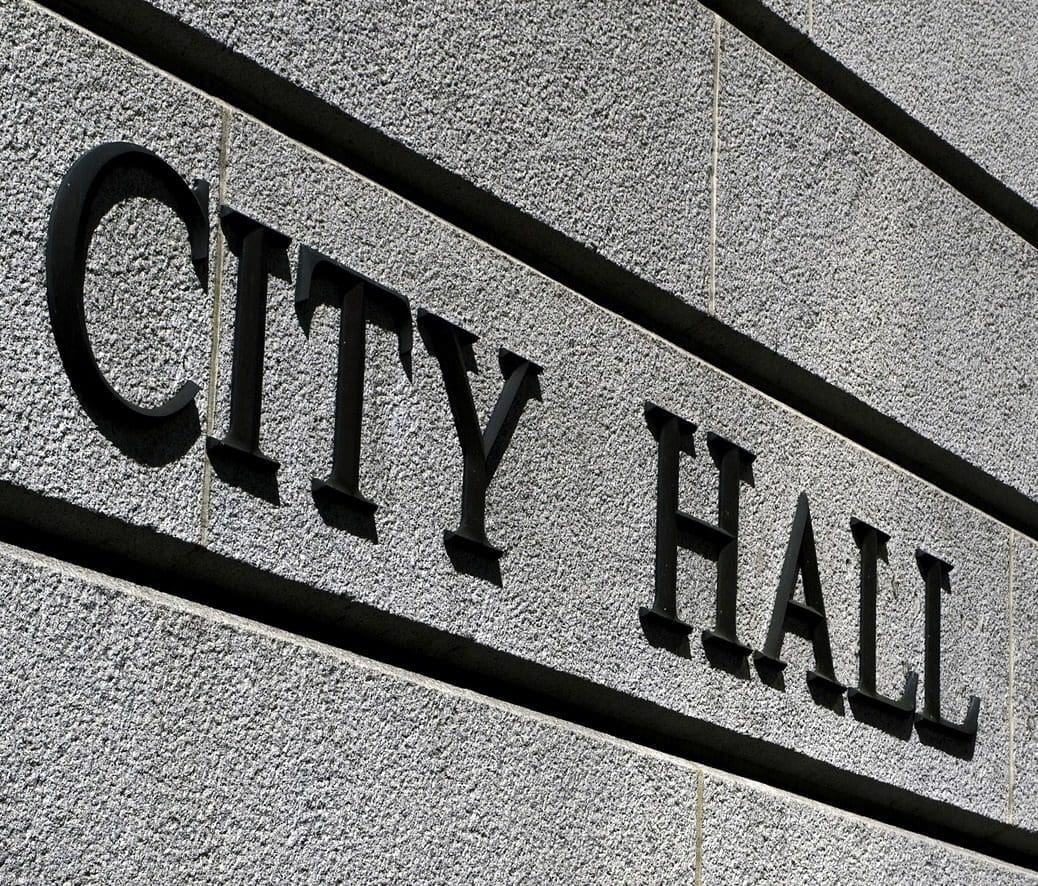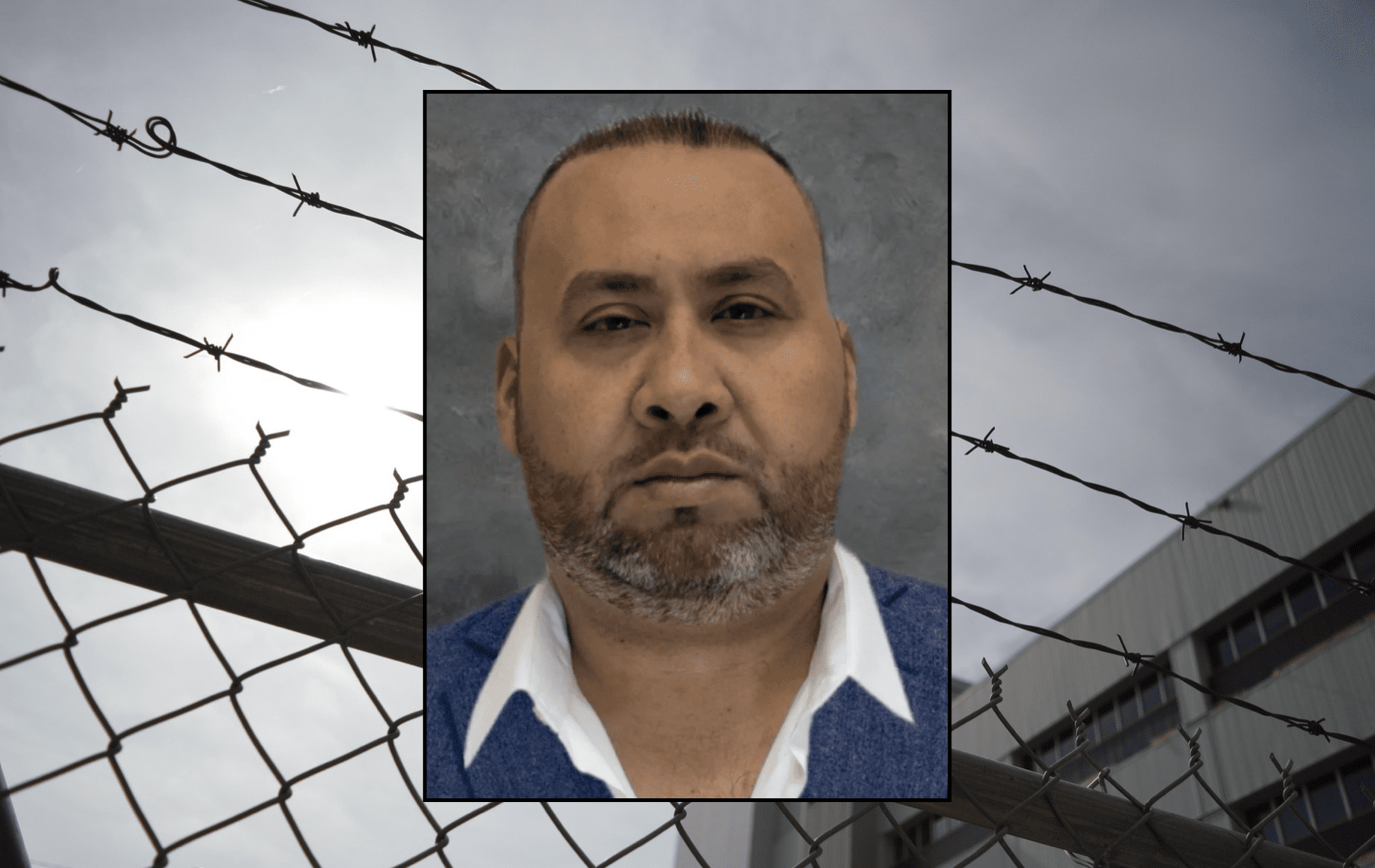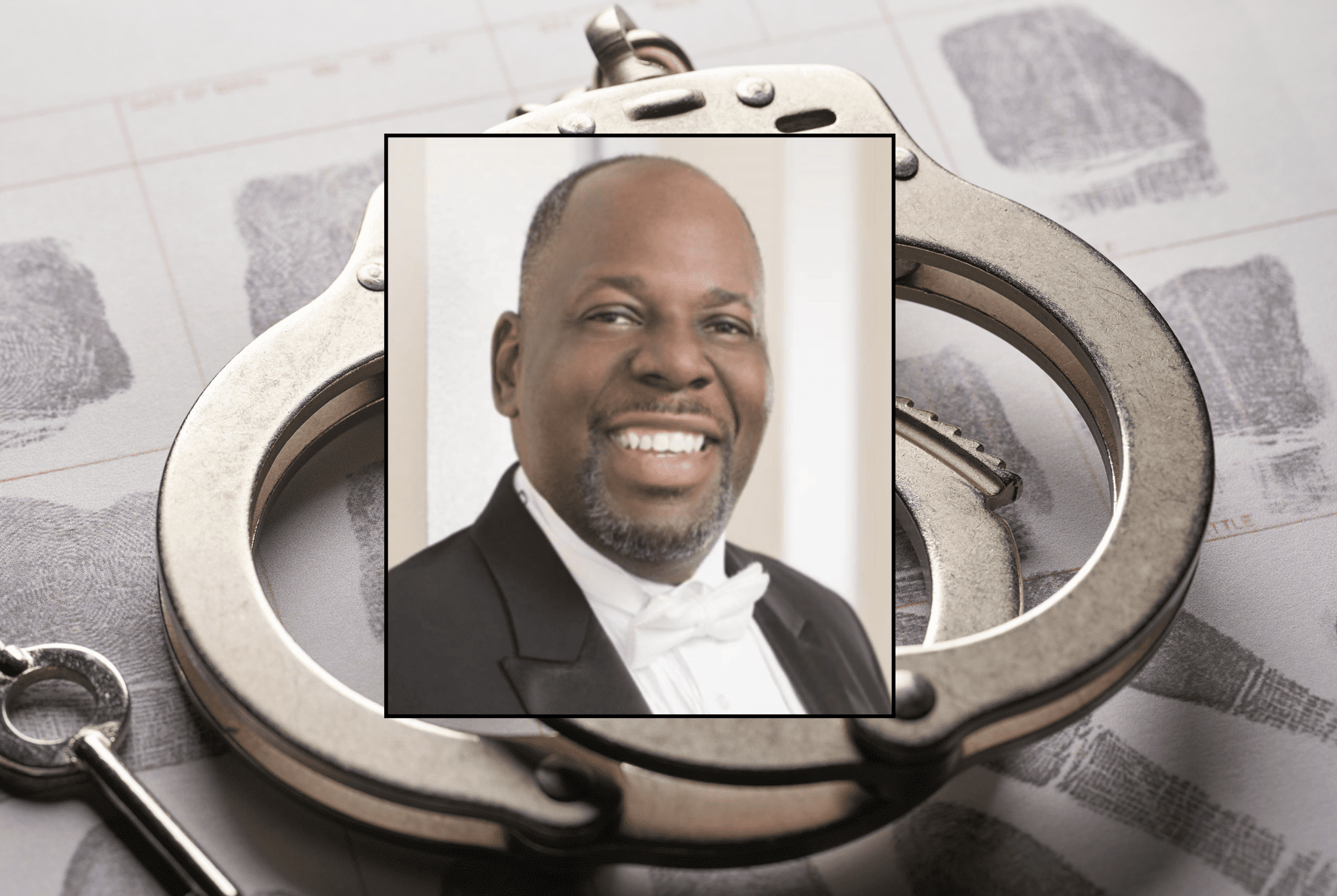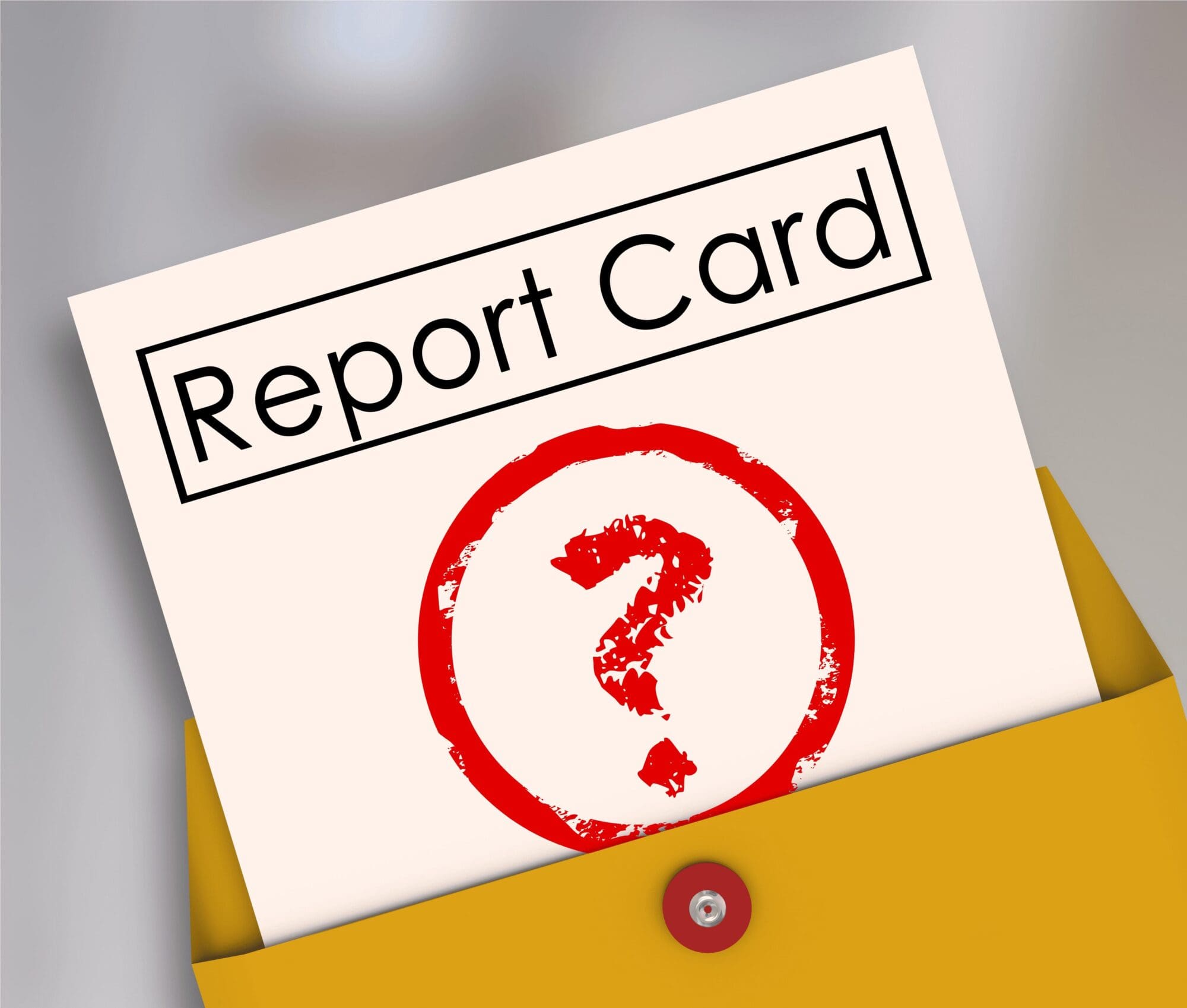While that’s expected—and candidates spend a lot of money to make it happen—it’s important to remember that regardless of the outcome of presidential and congressional elections, the power resides with the people, and the elected officials most likely to have the biggest, most immediate impact on your day-to-day life are the ones who serve mere miles away from your home, not Washington D.C.
Mayors, county executives, commissioners, council members, school board members, and those in between remain in your community and often address most issues that are likely to cross your mind: your taxes or rent going up, your ability to buy a home, the closure of your neighborhood store, your school district’s rating, crime, policing, that pothole you hit this morning before reading this email, or your trash that is still sitting outside while your neighbor’s was picked up.
This isn’t to say what happens on the federal level isn’t important—of course it is. But if you’re invested in what happens in Washington D.C., then you need to be equally, if not more, invested in what happens in your community. The return on that investment is far more significant. And let’s not forget, these officials start somewhere.
I’d argue the reason AOC and Dan Crenshaw are household names is the same reason we know the history of companies like Uber, Apple, and Tesla: They’re unicorns. Their story is not the typical one.
The majority of people in D.C. who wield a similar amount of power are not household names and have backgrounds that look more like Assistant Speaker of the House Ben Ray Lujan, whose first election was to a public regulation commission, or Minority Leader Kevin McCarthy, who started as an elected community college trustee.
This isn’t to speak ill of those with household names, but it’s to say that the more D.C. officials make it there by beginning their elected careers locally. So, if a fraction of the effort put forth to sway their votes or get them re-elected now had been deployed when they were local, we could be seeing a different state of affairs today.
Just this year, local governments across the country have increased taxes (Houston and Harris County), implemented universal income (Compton), and shut down businesses (almost everywhere).
We need to remember that the battles are won and lost in our cities, towns, and counties first, and then in Washington D.C.
Want to fix culture? Try having conversations with people in your community with differing opinions instead of complaining about what Nike or the NFL are doing.
The fight is in your backyard. Archbishop Desmond Tutu said, in no relation to a political party, “There is only one way to eat an elephant: a bite at a time.”
We can continue to try to change the country by focusing federally, but we’d be wiser to spend our time, resources, and energy taking one bite at a time and focusing on the culture in our communities, the issues that are local to us, and influencing the elected officials who can’t help but to listen to you because they see you on a regular basis.
The fight for our country is local.
This is a commentary republished with the author’s permission. If you wish to submit a commentary to Texas Scorecard, please submit your article to submission@texasscorecard.com.




